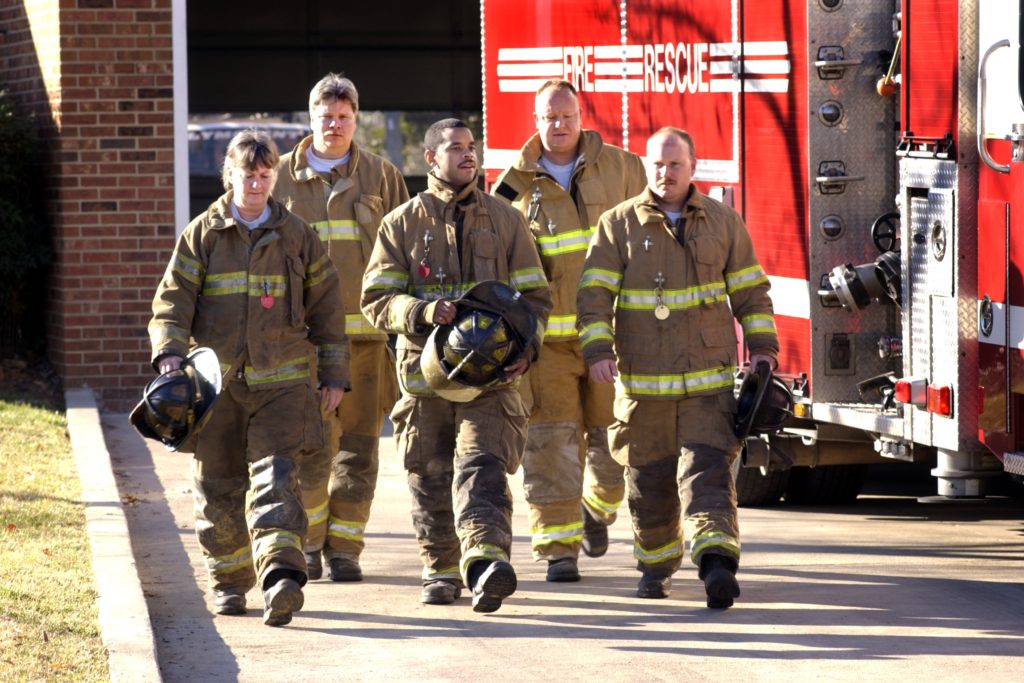A firefighter’s responsibility is not an easy one!
While popular dramas depict firemen racing into blazing buildings, a firefighter’s everyday labor goes well beyond. Firefighters undertake a lot of behind-the-scenes work to keep our communities safe.
They are available to respond to a wide range of crises. In reality, medical escalations outnumber fires when it comes to the primary responsibility of firefighters. This implies that firemen must be trained as emergency medical technicians.
A fireman may advance to the positions of fire protection engineer and firefighter shift commander. But they react to an emergency in order to save lives, property, and the environment.
So, how much do firefighters earn? What is the salary for firefighters in the US?
Average Salary Of Firefighters: United States
Firefighters typically work long shifts, with frequent overtime and varying hours. For example, may work 24-hour shifts on duty and then take 48 or 72 hours off. So, the average salary of firefighters is estimated according to these factors. Here is the data of a survey from two different websites.
According to the data updated by Salary as of April 26, 2022, the average firefighter’s estimated salary in the United States is $48,800. However, the range falls between $36,601 and $61,000, depending on location, years of experience, and so on.
However, according to the Bureau of Labor Statistics, in May 2021, the average pay for firefighters was $50,700. It even says that half of the workers in a given occupation earned more than that amount, while the other half earned less. The bottom 10% of earners earned less than $29,030, while the top 10% earned more than $81,640.
Also, firefighters’ pay packages vary depending on a variety of elements. Factors such as schooling, certifications, supplementary talents, and the number of years you have worked in your field.
Common Factors Affecting Firefighters’ Salary
A firefighter’s income and total compensation can be affected by a variety of factors. Some of which the firefighter has direct influence over and others over which one has little or no control. Education, rank, responsibilities, and work productivity are all elements over which the firefighter has considerable control.
Unionization, employment status, departmental finances, legislation, work hours, and benefits package structure are all aspects over which firefighters may have little or no control. All these elements are often used to establish the payscale represented in a firefighter’s overall wage.
To optimize their wages, a firefighter must often focus on job performance, leadership abilities, and a dedication to continuous education.
Key Points
If you belong to the lower end of the pay spectrum, there are many ways to bump up your pay. Remember that firefighters’ salary depends on a lot of factors, and all you need to know is how to maneuver those factors.
- Factors such as educational qualifications, certifications, and work experience affect the payscale
- A firefighter with experience has a better chance of being promoted and earning a higher salary.
- Salary packages are mostly influenced by salary trends and policies. These are implemented by companies in a specific region.
